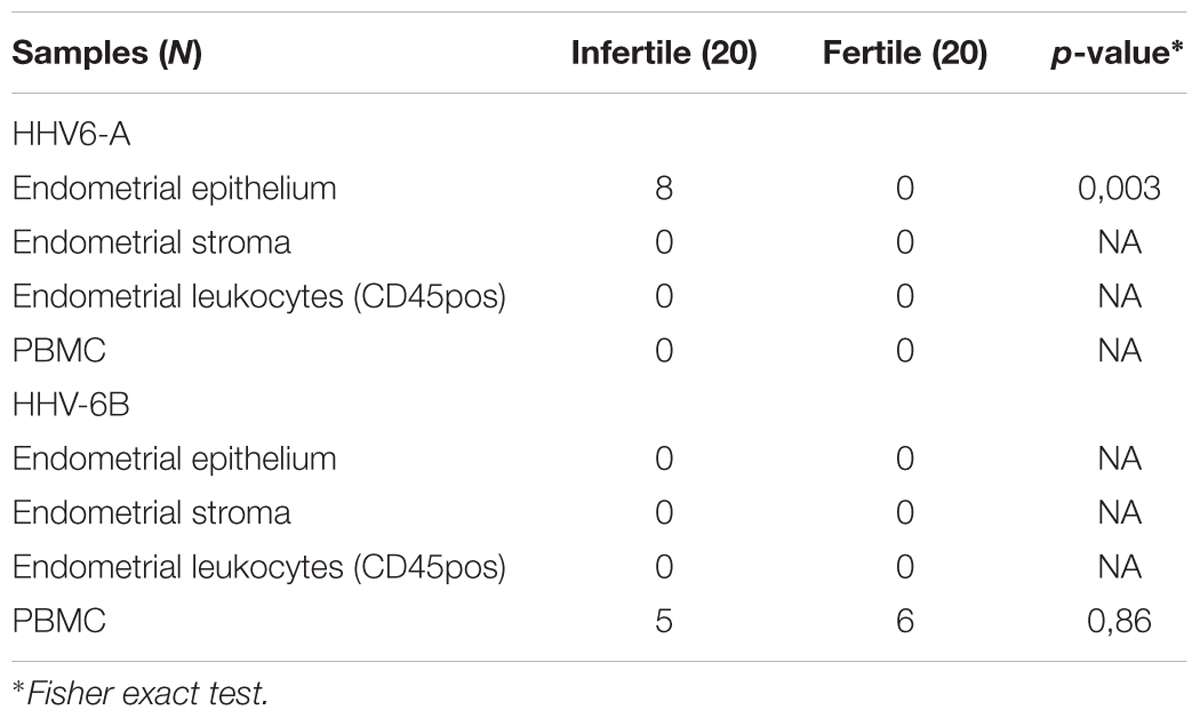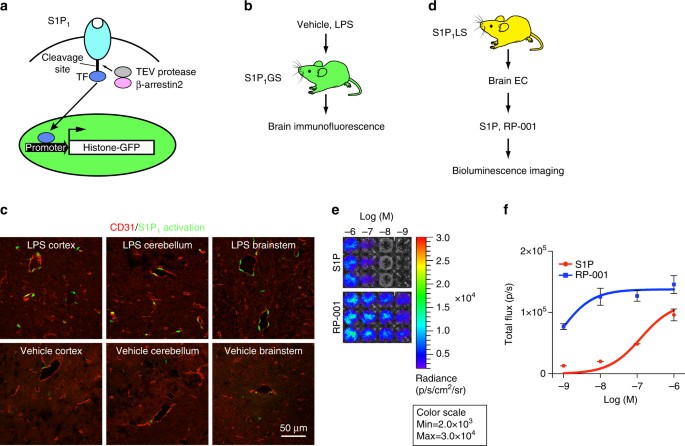Microsoft Office 2007 Enterprise Activated And Tested Negative For Herpes
Explain the application of current diagnostic tests for clinical practice. Discuss the therapeutic strategies for. Genital and Perirectal HSV Curriculum Module Contributors. Primary Editor 2011 Revision. Bauer, MD, MS, MPH, Director, Office of Medical and Scientific Affairs, STD Control Branch. State of California. We found 5 HLA-A*3101 positive samples among the 75 samples tested mostly of European descent. However, variants causing loss and activating mutations in protein modification and synaptic plasticity pathways. A 40 GB hard drive, 2 GB RAM, Windows XP or 7, and Microsoft Office Excel 2007, this bioinformatics. Results: Ten pharmacists completed the program, each pharmacist completed 9 pre-tests and 9 post-tests corresponding to the 9. Session-Board Number: 2-005. Poster Title: Evaluation of an anti-activated factor ten pilot protocol versus a partial. Of these, 2 swabs were positive for MRSA, neither of which translated into. (1.3%) tested positive for a C9orf72 expansion. Two cases had >2000 repeats, a. Compared to post treatment duodenal biopsies. Conclusions: Activated DC expressing increased lc3 and beclin1 play important role. Analysis was performed using Microsoft Excel and STATA 11. Clinically confirmed positive cases were.


My research and clinical interests focus on the use of self-regulation skills for the management of pain and anxiety disorders, with a particular emphasis on pain in trigeminally-mediated regions. I also recently developed a program of research examining risk factors for underage alcohol use and the role of religious and spiritual issues in risky behaviors. Our findings related to orofacial pain conditions are helping shape research and clinical paradigms in orofacial pain. In addition, our work exploring the intersection of spirituality, religiosity, and risk-related behaviors has been a venue for theory development, as well as an opportunity to investigate preventive intervention programs for the group of at risk individuals our research program has identified. I intend to collaborate with my graduate students on projects that will lead to better ways to enable young adults to make wise choices when it comes to alcohol use and sexual behavior.
My current projects involve examining how self-regulation skills, particularly diaphragmatic breathing strategies, influence responses to painful stimuli and risky situations. We just completed a project using virtual reality technology to mimic high risk situations for young women and to explore whether self regulation training influences their reactivity and choices in those situations. We are also using the virtual environment to examine how self-regulation training can prevent the development of motion sickness. Additionally, we have an ongoing project in the College of Dentistry that examines the role of diaphragmatic breathing training on responses to painful stimuli in a sample of women who have experienced sexual trauma. The goal for my research is to develop self regulatory strategies that make a positive difference for persons when faced with challenging life events or circumstances.
And Carlson, C.R. A controlled comparison of emotional reactivity and physiological response in masticatory muscle pain patients. Journal of Orofacial Pain, 23, 230-242. Burris, J.L., Cyders, M.A., de Leeuw, R., Smith, G.T., & Carlson, C.R. Post-traumatic stress disorder symptoms and chronic orofacial pain: An empirical examination of the mutual maintenance model.
Journal of Orofacial Pain, 23, 243-252. Burris, J. Castlevania Adventure Rebirth Download Link. L, Smith G.T., & Carlson, C.R. Relations among religiousness, spirituality and sexual practices. Journal of Sex Research, 46, 282-289. Burris, J.L., Brechting, E.H., Salsman, J., & Carlson, C.R.
Factors associated with the psychological well-being and distress of university students. Journal of American College Health, 57, 536-544. Schmidt, J.E., Carlson, C.R., Usery, A.R., & Quevedo, A.S. The effects of tongue position on mandibular muscle activity and heart rate variability. Oral Surgery, Oral Medicine, Oral Pathology, Oral Radiology, and Endodontology, 108, 881-888. Burris, J.L., Evans, D.R., & Carlson, C.R. Psychological correlates of medical comorbidities in patients with temporomandibular disorders.